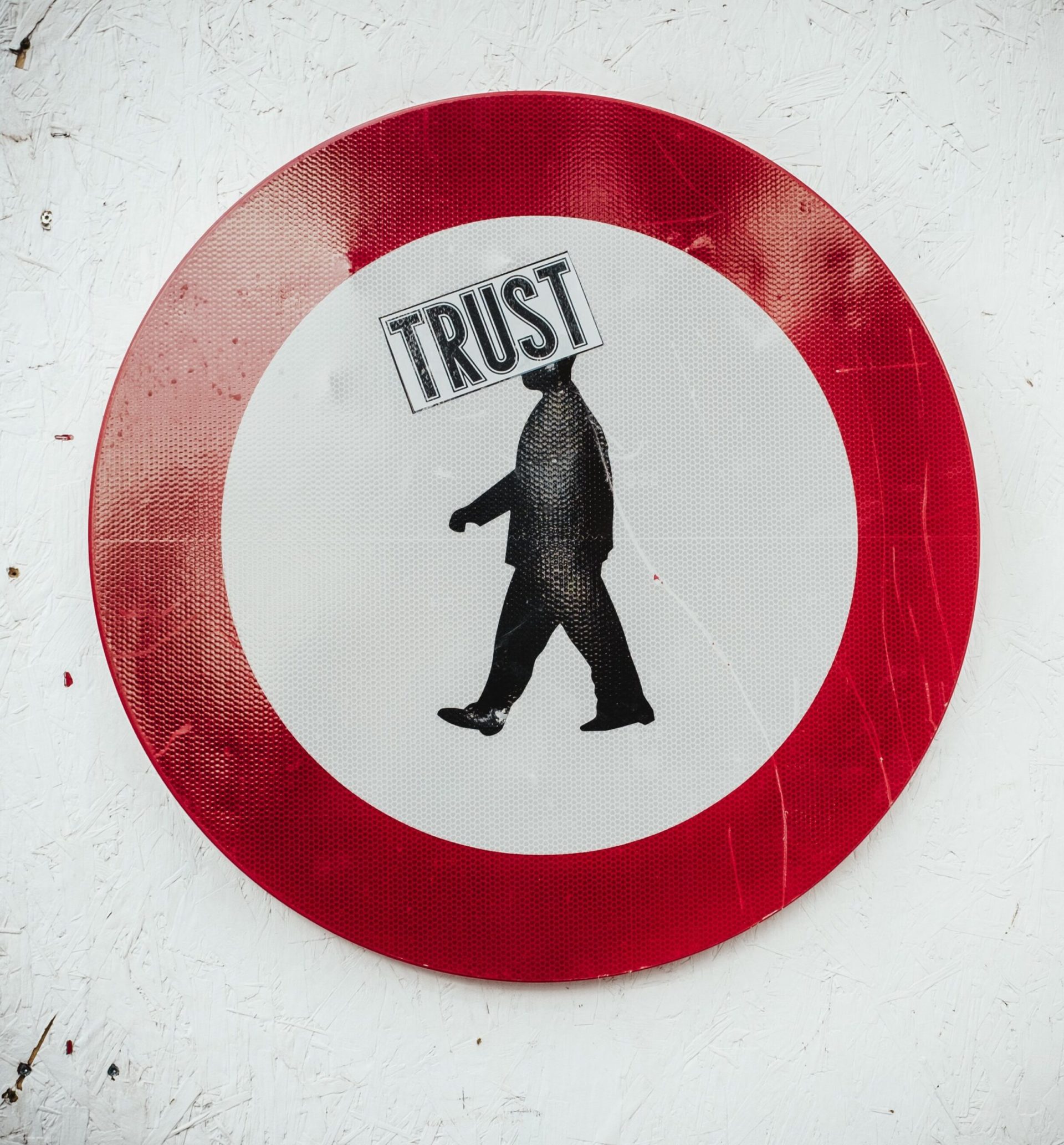
In December of 1941 the United States, which had mostly sat out the ever-growing world war that was consuming the planet, was attacked by the Imperial Japanese fleet. As the country caught its collective breath in the aftermath of the destruction of a good portion of its Pacific navy, over 6.3 million men and women voluntarily signed up for military service to protect the country and stop the spread of fascism.
Twenty-two years later, the nation was deeply divided on the growing Vietnam conflict and the first public demonstrations began against involvement in that theater. In 1974 the impeachment proceedings against President Richard Nixon started as the president that had allegedly (at the time) committed high crimes and misdemeanors, undermining both the institution of the presidency and confidence in the American public.
Forty-five days after the September 11, 2001, terrorist attacks, the Patriot Act was passed which vastly increased domestic surveillance and deeply divided both lawmakers and the public. In 2013, Edward Snowden alerted the world as to just how deep the U.S. surveillance infrastructure went. In the last two presidential elections, a solid swath of the U.S. electoral believed foreign intelligence disinformation operations on social media more than they did the pleas of government officials trying and failing to stem the tide of fake news online.
How does this relate to the current debate on vaccine passports? It’s rather simple. The issue isn’t the passport itself. The issue is that trust in the United States government and its institutions is at an all-time low. So, the real debate is how we as a society convince the deeply skeptical population that a potential government ID is in their best interests?
U.S. history has shown us how public opinion on the leadership of the country has shifted. It is no longer from a belief that the government – regardless of which political party was in power – has the best interests of its citizenry in mind. Now it is a mindset that government cannot be trusted and that the political affiliation of a person is more important than the body politic itself, or even a person’s race or religion.
While this stance has been progressing in this direction for decades, the age of social media dropped a brick on the accelerator and cut the brake lines. Social media’s artificial intelligence is what’s driving us into the tree at full speed. Let’s examine this problem with the worst offender: Facebook.
Facebook’s revenue depends on getting its users, who pay no money to use the platform, to information they want to see or read. To achieve this, Facebook must data mine every aspect of their users’ lives to properly show them advertising for gadgets or gear they would want to purchase, but also to recommend and show them stories from news sites that depend on click-through traffic for revenue. Facebook collects an absolute ton of information on its users. Beyond age, gender, and birthday, Facebook’s algorithms can determine everything about your religious beliefs, political affiliations, employment type, hobbies, interests, and even your live location and more. Facebook reads your posts, pictures, and messages to get a better understanding of what makes a user tick.
For example, you start messaging a friend about that really cool Mercedes you just read about and Facebook instantly knows that you are into cars, Mercedes Benz vehicles, German luxury performance cars, your desire to vacation in Germany in order to drive the autobahn, and even manual transmissions if you mention it. From there, the advertising starts from local Mercedes dealers advertising great lease deals or sales on that stick shift roadster you read about. Travel agencies will advertise an all-inclusive holiday in Germany. German driving schools will advertise their ability to train you to race your new Benz on the autobahn. Clothing makers will show your Mercedes branded clothes and on and on. This is the new economy, and unfortunately, politics are being delivered along the same lines.
Facebook has used its vast computing power to deliver political content it believes it can most efficiently monetize for ad revenue. Consider this quote from Yael Eisenstat, the former Head of Global Elections Integrity Ops for Facebook, writing in 2019 for the Washington Post:
“The real problem is that Facebook profits partly by amplifying lies and selling dangerous targeting tools that allow political operatives to engage in a new level of information warfare. Its business model exploits our data to let advertisers aim at us, showing each of us a different version of the truth and manipulating us with hyper-customized ads — ads that as of this fall can contain blatantly false and debunked information if they’re run by a political campaign. As long as Facebook prioritizes profit over healthy discourse, it can’t avoid damaging democracy.”
Essentially, what Ms. Eisenstat is saying in her article is Facebook prioritized the delivery of partisan and hyper-partisan information to a politically divided nation that helped to drive the deepest wedge possible in the electorate. Essentially, Facebook understands where the user basically is on the political spectrum and helps reinforce their ideology by only showing them content that agrees with their views and doesn’t offer alternative perspectives because it wouldn’t be in Facebook’s best economic interests. Imagine being surrounded by an echo chamber of like-minded articles, news stories, and hyperbolic rhetoric masquerading as legitimate news articles on a platform that has spent years creating an addiction in its users. This is what has shattered the public trust in the United States.
By letting QAnon spread its catch-all conspiracy theories for years before recently banning it, much of the country was primed to disbelieve a pandemic was actually happening. In their view, it was simply a plot to overthrow then President Trump. The natural evolution of that conspiracy was, therefore “If the pandemic is fake, then a vaccine isn’t needed. Therefore, this is a plot to inject us with something else.” Theories range from a brain chip injection courtesy of Microsoft founder and billionaire philanthropist Bill Gates to Fox News’ Tucker Carlson telling his millions of viewers that perhaps the vaccine itself simply never worked.
By the time Facebook decided to try and slow the massive disinformation spread on its platform by linking to official sources underneath the conspiracy articles, it was too late. QAnon has a foothold into America’s consciousness and, despite losing followers in the aftermath of the January 6 Capitol riot, is not leaving any time soon.
Already, QAnon has glommed onto the term “passport” when it comes to proof of vaccinations, saying that this is just a new national ID tracking system. And why not? When an unhealthy percentage of the public has virtually no trust in society thanks to disinformation, then everything the government does is essentially some kind of tool of oppression.
Many conservatives have even abandoned their libertarian principles in free enterprise over this issue, demanding that private businesses should be ordered by the government to not require vaccine passports. We are living upside down.
Stemming the tide of misinformation, at this point, is like climbing Mount Everest without any equipment or gear. Facebook, Twitter, and other large platforms may filter out or attempt to kill disinformation from QAnon, foreign governments, and other sources. However, these users simply pick up and move to other platforms where they no longer have any dissenting voices in their lives that can attempt to debate their beliefs.
Trust is earned and not simply given to most people. There is no easy way for a government to persuade millions of people who currently believe it is being run by a globalist cabal of pedophiles. That is a hard position to start from in the negotiation between the electorate and the elected.
The solution cannot be proclamations and laws issued by the government. It has to start with engagement at home. An understanding of the logical fallacies of a conspiracy theory is a good place to begin, though it will take time and patience to breakthrough. This situation cannot be ignored. That “crazy uncle” at Thanksgiving is now spouses, siblings, parents, children, and more for millions of people.
If this continues to go unchecked or families simply cut off those who disagree with them, society as a whole suffers. Vaccine passports may tell the world that a person has protected themselves against the spread of the coronavirus, but it doesn’t protect us from having to confront the political divide that is tearing us apart. Without trust, we are lost.
______________________________________________________________________________________________________________________

Nick Espinosa
Nick is the founder and CEO of Security Fantatics, the Cybersecurity/Cyberwarfare division of BSSi2dedicated to designing custom Cyberdefense strategies for medium to enterprise corporations. As a member of the Board of Advisors for Roosevelt University’s College of Arts and Sciences as well as their Center for Cyber and Information Security, the Official Spokesperson for the COVID-19 Cyber Threat Coalition and a board member of Bits N’ Bytes Cybersecurity Education as well as Strategic Cybersecurity Advisor for the Private Directors Association, Nick helped to create an NSA certified curriculum that will help the Cybersecurity/Cyberwarfare community to keep defending our government, people and corporations from Cyber threats globally. In 2017 Nick was accepted into the Forbes Technology Council, an invitation-only community for world-class CIOs, CTOs and technology executives, and is a regular contributor of articles which are published on forbes.com as well as smerconish.com
______________________________________________________________________________________________________________________






